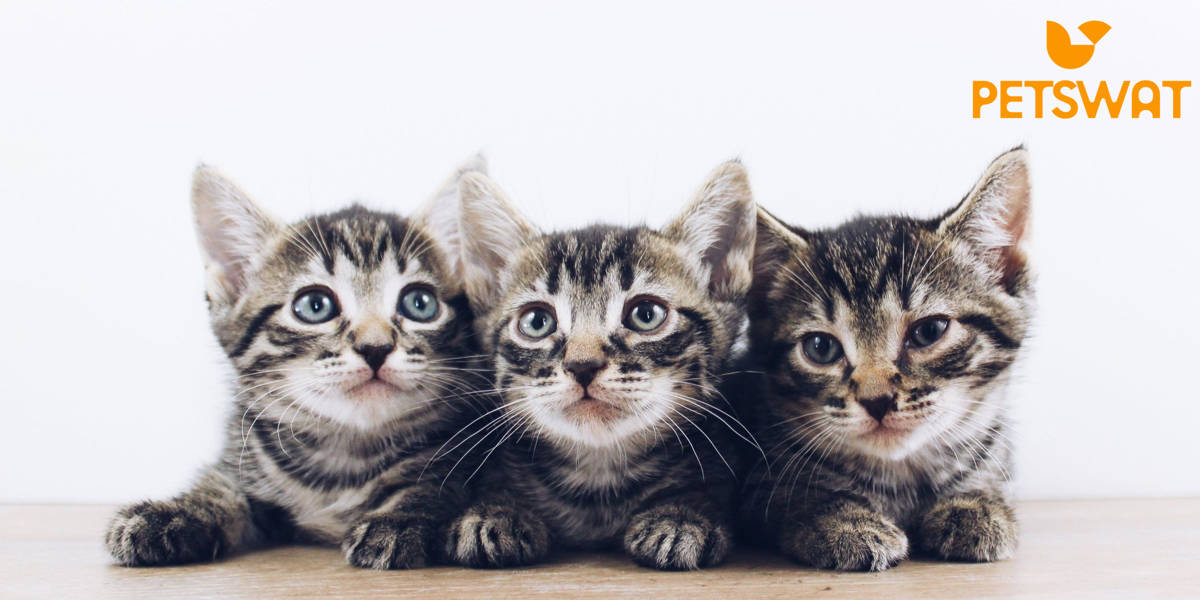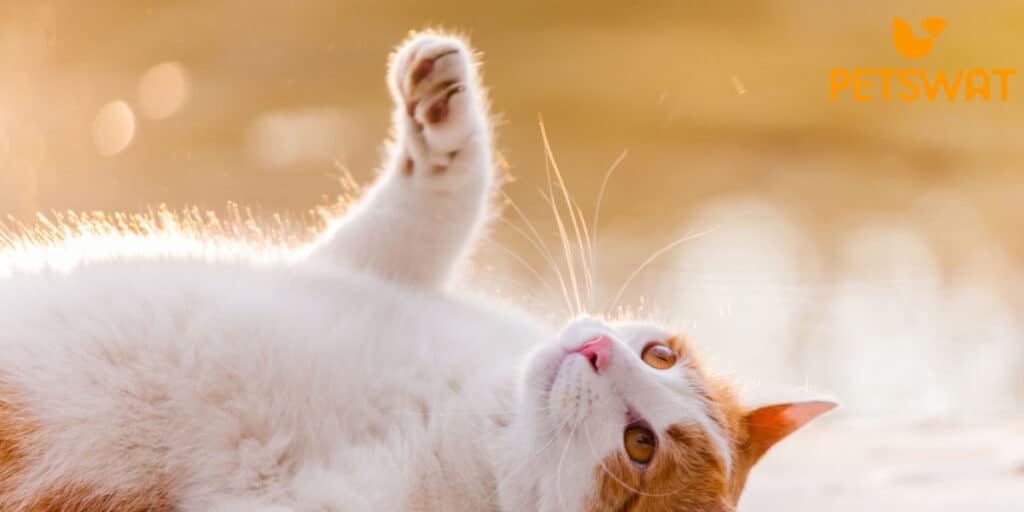Feeding kittens a raw diet has become a popular choice among pet owners who want to provide their furry friends with a natural and nutritious diet. A raw diet consists of feeding kittens raw meat, bones, and organs, mimicking what they would eat in the wild. While there are benefits to feeding kittens a raw diet, such as improved digestion and a stronger immune system, there are also potential drawbacks to consider. In this article, we will explore the benefits and potential drawbacks of raw diet for kittens and provide tips for transitioning your kitten to this type of diet.
The Benefits of a Raw Diet for Kittens
Feeding kittens a raw diet can have numerous benefits for their overall health and well-being. One of the main benefits is improved digestion. Raw food is easier for kittens to digest compared to processed commercial kitten food. This can lead to better nutrient absorption and reduced risk of digestive issues such as diarrhea or constipation.
Another benefit of a raw diet is healthier skin and coat. The natural oils found in raw meat can help improve the condition of a kitten’s skin and coat, making it shinier and less prone to dryness or irritation. Additionally, a raw diet can provide kittens with increased energy levels. The high-quality protein found in raw meat can help fuel their active lifestyles and promote healthy growth and development.
Understanding the Natural Diet of Kittens
To understand why a raw diet is beneficial for kittens, it’s important to understand what they would eat in the wild. Kittens are obligate carnivores, which means their bodies are designed to thrive on a diet that consists primarily of meat. In the wild, kittens would consume prey animals such as mice or birds, which provide them with the necessary nutrients for growth and development.
A raw diet mimics this natural diet by including raw meat, bones, and organs. Raw meat provides kittens with essential amino acids, vitamins, and minerals that are necessary for their overall health. Bones are a natural source of calcium and other minerals, which are important for healthy teeth and bones. Organs, such as liver or kidney, are rich in vitamins and minerals that support various bodily functions.
The Power of Raw Food: Boosting Your Kitten’s Immune System
Feeding kittens a raw diet can have a powerful impact on their immune system. A strong immune system is essential for fighting off infections and diseases. Raw food contains natural enzymes and beneficial bacteria that can help strengthen a kitten’s immune system.
By providing kittens with a raw diet, you are giving their bodies the tools they need to fight off illness and recover faster. This can lead to reduced risk of common health issues such as respiratory infections or urinary tract infections. Additionally, a stronger immune system can help kittens better tolerate vaccinations and reduce the risk of adverse reactions.
Promoting Healthy Growth and Development with a Raw Diet
A raw diet can play a crucial role in supporting a kitten’s growth and development. Kittens have specific nutritional needs during this stage of their lives, and a raw diet can provide the right balance of nutrients for optimal growth.
Protein is particularly important for kittens, as it is necessary for muscle development and repair. Raw meat is an excellent source of high-quality protein that kittens need to thrive. Additionally, a raw diet provides kittens with essential fatty acids, vitamins, and minerals that support healthy brain development, strong bones, and a robust immune system.
Raw Food for Kittens: Providing Essential Nutrients
A raw diet can provide kittens with all the essential nutrients they need to thrive. Kittens require a balanced diet that includes protein, fat, carbohydrates, vitamins, and minerals. A raw diet can provide these nutrients in their natural form, making them more bioavailable and easier for kittens to absorb.
When feeding kittens a raw diet, it’s important to include a variety of meats, organs, and bones to ensure they receive a wide range of nutrients. Different types of meat provide different amino acids and vitamins, so it’s important to rotate the protein sources in your kitten’s diet. Organs, such as liver or kidney, are particularly important as they are rich in essential vitamins and minerals.
Addressing Common Health Issues with a Raw Diet
Feeding kittens a raw diet can help address common health issues they may experience. For example, some kittens may have allergies or sensitivities to certain ingredients found in commercial kitten food. By feeding them a raw diet, you can eliminate these potential allergens and provide them with a diet that is free from artificial additives or preservatives.
Additionally, some kittens may have digestive issues such as diarrhea or vomiting. A raw diet can be easier for their bodies to digest, reducing the risk of these digestive problems. However, it’s important to note that a raw diet may not be suitable for all kittens, especially those with underlying health conditions or compromised immune systems. It’s always best to consult with your veterinarian before making any changes to your kitten’s diet.
Transitioning Your Kitten to a Raw Food Diet
Transitioning your kitten from a commercial diet to a raw food diet should be done gradually to avoid any digestive upset. Start by introducing small amounts of raw food alongside their regular diet and gradually increase the amount over time. Monitor your kitten’s response to the new diet and make adjustments as needed.
It’s also important to ensure that the raw food you are feeding your kitten is safe and free from harmful bacteria. Handle raw meat with care and follow proper food safety guidelines. Thaw frozen meat in the refrigerator and clean all surfaces and utensils thoroughly after handling raw meat.
Raw Food vs. Commercial Kitten Food: Making the Right Choice
When deciding whether to feed your kitten a raw diet or commercial kitten food, there are several factors to consider. Commercial kitten food is convenient and formulated to meet the specific nutritional needs of growing kittens. It is also regulated and undergoes rigorous testing to ensure it is safe and nutritionally balanced.
On the other hand, a raw diet provides kittens with a natural and biologically appropriate diet. It can improve digestion, boost the immune system, and promote healthy growth and development. However, a raw diet requires more preparation and may not be suitable for all kittens, especially those with underlying health conditions.
Ultimately, the choice between a raw diet and commercial kitten food depends on your personal preferences, your kitten’s individual needs, and your ability to provide a balanced and safe raw diet.
Tips for Preparing and Serving a Raw Diet to Your Kitten
If you decide to feed your kitten a raw diet, there are some practical tips to keep in mind. First, make sure you are sourcing high-quality meat from reputable sources. Look for meat that is free from antibiotics or hormones and is intended for human consumption.
When preparing the raw food, it’s important to handle it with care to avoid any contamination. Clean all surfaces and utensils thoroughly after handling raw meat and wash your hands before and after feeding your kitten. It’s also important to store raw meat properly in the refrigerator or freezer to prevent spoilage.
To make feeding easier, consider portioning out the raw food into individual servings and freezing them. This will make it easier to thaw and serve when it’s time for your kitten’s meal.
The Long-term Effects of a Raw Food Diet on Your Kitten’s Well-being
Feeding your kitten a raw food diet can have long-term effects on their overall well-being. Many pet owners who feed their kittens a raw diet report improvements in their energy levels, coat condition, and overall health. A raw diet can provide kittens with the necessary nutrients to thrive and support their immune system, leading to a healthier and happier life.
However, it’s important to note that a raw diet may not be suitable for all kittens. Some kittens may have underlying health conditions or sensitivities that make a raw diet unsuitable. It’s always best to consult with your veterinarian before making any changes to your kitten’s diet.
Conclusion
Feeding kittens a raw diet can have numerous benefits for their overall health and well-being. A raw diet can improve digestion, boost the immune system, and support healthy growth and development. However, it’s important to consider the potential drawbacks and risks associated with a raw diet, as well as your kitten’s individual needs and preferences.
If you decide to feed your kitten a raw diet, make sure you are sourcing high-quality meat and handling it with care to avoid any contamination. Monitor your kitten’s response to the new diet and make adjustments as needed. Ultimately, the choice between a raw diet and commercial kitten food depends on what is best for your kitten and your ability to provide a balanced and safe diet.
Originally posted 2023-02-13 03:53:06.
Johny is a dedicated pet enthusiast, author, and the driving force behind the insightful content at PetSWAT. With a deep passion for animals and a wealth of knowledge acquired through years of experience, Johny brings a unique perspective to the world of pet care and companionship.




